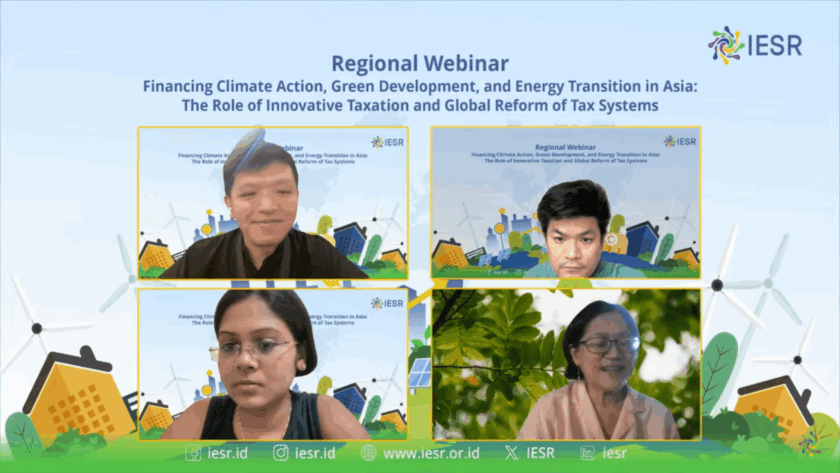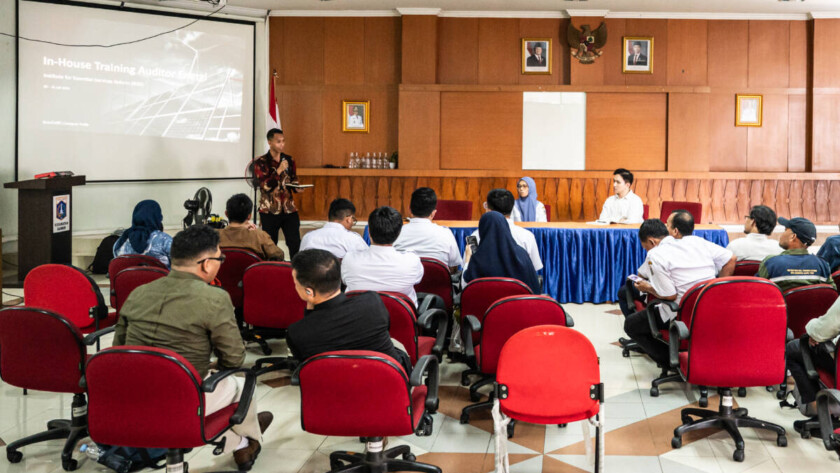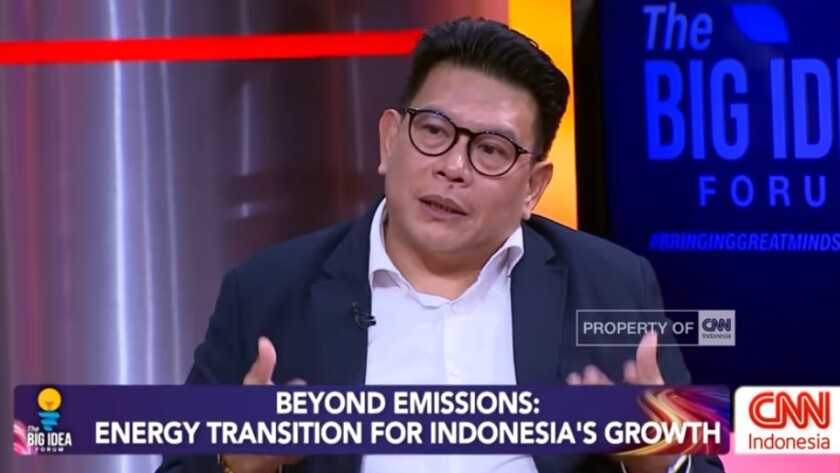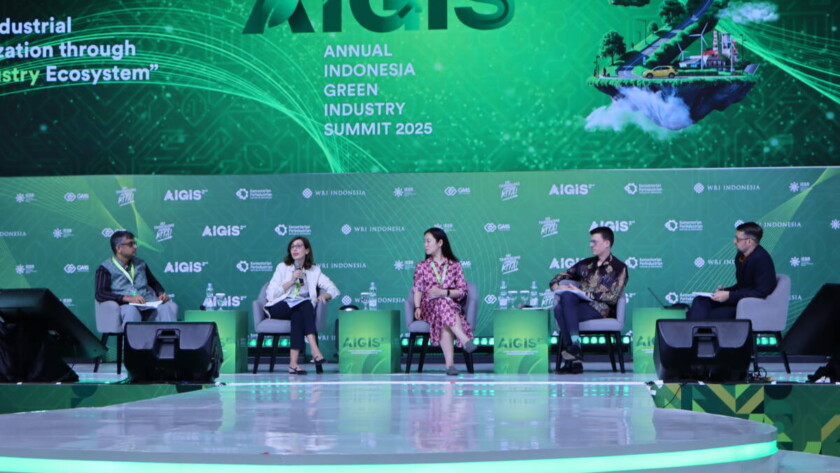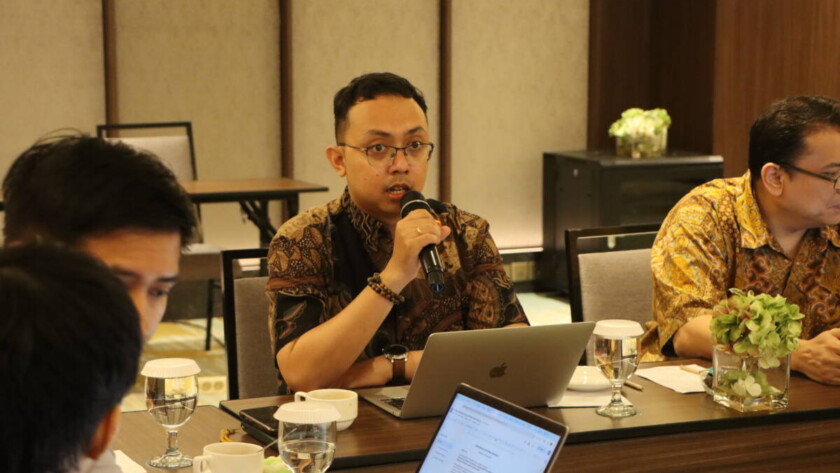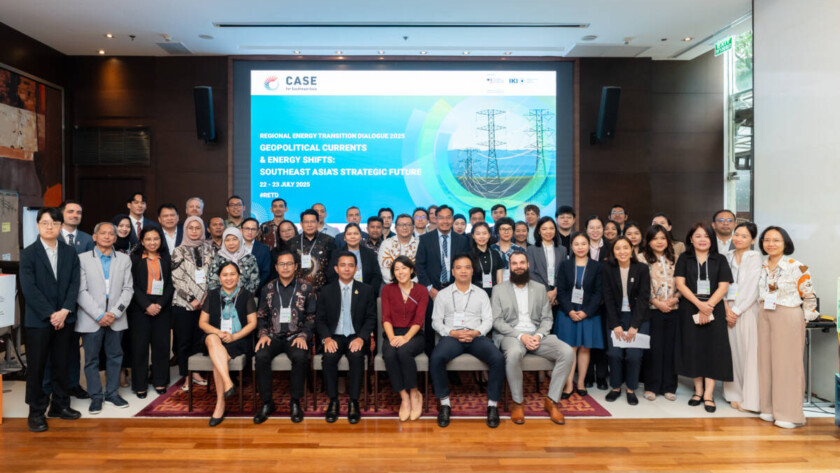Jakarta, August 29, 2025 - The increasingly real climate crisis demands immediate action to reduce the negative impacts of greenhouse gas emissions. One gas that has a significant but often overlooked impact is methane. Although methane's concentration in the atmosphere is not as high as carbon dioxide (CO₂), its warming intensity is much higher. This…



